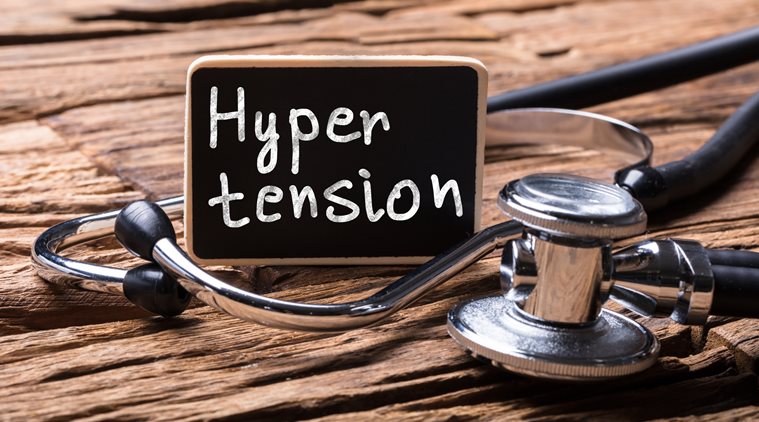“High blood pressure is a monster. Cage it with regular medication and lifestyle changes and you will find a dramatic fall in brain strokes, in heart failure, heart attacks and kidney failure,” said Professor George Cherian, Cardiology Society of India.

“India has an estimated 224 million hypertension patients (about 17 per cent of total population) but only 8 per cent of them have it under control. This results in increased disease burden due to stroke and heart disease. Regular screening of blood pressure and intake of easily available medications at primary healthcare level can drastically reduce this burden of disease due to hypertension,” said Dr Subhojit Dey, executive director of Disha Foundation.
May 17 is celebrated as the World Hypertension Day and several programmes have been organised in the city to create awareness about this “silent killer”. “High blood pressure is a monster. Cage it with regular medication and lifestyle changes and you will find a dramatic fall in brain strokes, in heart failure, heart attacks and kidney failure,” said Professor George Cherian, Cardiology Society of India.
The theme this year is ‘Know your numbers’.
Vishal Gondal, CEP at GOQii, a smart tech-enabled healthcare platform, said their survey findings of the ‘IndiaFit report’ of over 7 lakh people showed that four out of 10 Indians suffer from hypertension. “A major factor contributing to this rise is lack of awareness. A recent study by PLOS medicine indicates that nearly 50 per cent Indians are unaware that they have hypertension. Simple changes such as shifting to healthier food, controlling stress and exercising regularly will go a long way,” he added.
Dr Rajeshwari Pawar, consultant obstetrics and gynaecology at Motherhood hospitals at Kharadi, said, “Certain conditions like preeclampsia —gestational hypertension, along with swelling of hands and feet (due to water retention) and appearance of protein in urine — if not diagnosed in time, can lead to dangerous complications to the mother and baby.”
Source: Read Full Article
